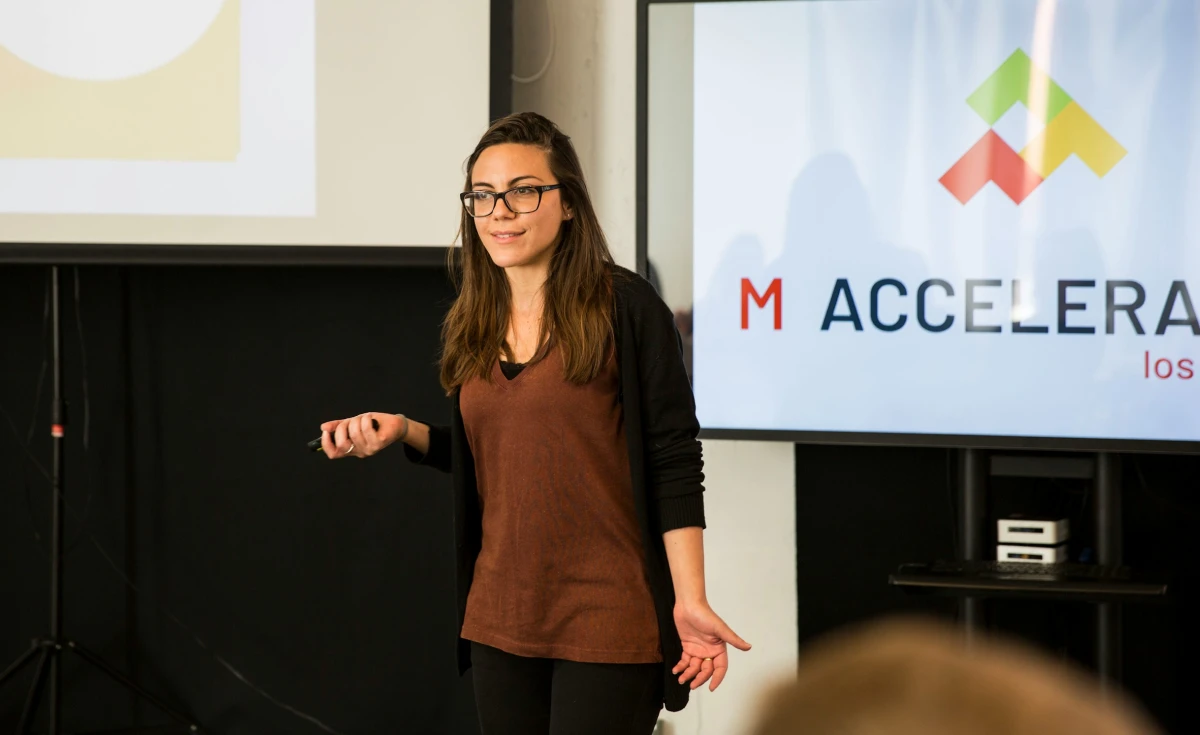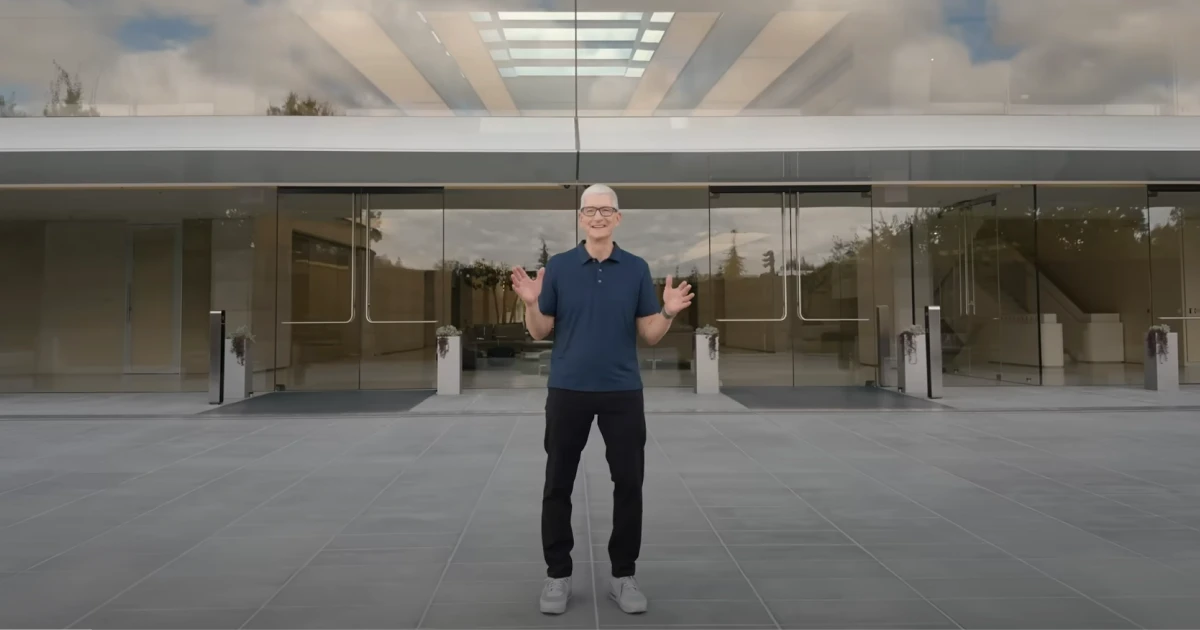Look. The way businesses get funded has undergone a seismic change in the start-up industry, and the outcomes have been nothing short of interesting.
That’s right. Start-ups no longer need to pitch to a limited group of wealthy individuals to secure investment. Early-stage companies now have a plethora of fundraising alternatives accessible to them, ranging from crowdsourcing to initial coin offerings (ICOs).
These alternative funding sources have opened up a whole new universe of possibilities for companies, allowing them to avoid traditional investment channels and access a larger audience of investors. That’s what we love to hear!
Have you ever utilized a ride-hailing app such as Uber or Lyft? Or do you use a monthly delivery service like Birchbox? If this is the case, you are already acquainted with some of the innovative business models that have evolved in recent years. These strategies have upended old businesses and opened up new options for both entrepreneurs and consumers.
Think I’m exaggerating? The gig and sharing economies are two of the most important drivers of these new company models. Platforms such as Uber and Airbnb have enabled people to monetize their time and assets in previously unimaginable ways. Millions of employment opportunities have been generated as a result of these platforms, and customers now have more alternatives and convenience than ever before.
Furthermore, another noteworthy development is subscription-based businesses. Companies such as Birchbox and Dollar Shave Club have disrupted traditional retail by allowing customers to subscribe to monthly product delivery. This concept has proven to be successful and has been implemented in a wide range of industries, including beauty and fashion. We can also throw pet care and home products in there!
These programs provide entrepreneurs with resources, experience, and mentoring that they would not have otherwise, allowing them to expand and scale more quickly. Simultaneously, they enable organizations to tap into new technology and business models, allowing them to stay ahead of the curve and be relevant in a quickly changing world. That sounds like a win-win situation, right? You bet it is!
Let’s face it: in a rapidly changing and increasingly globalized business landscape, it’s critical for start-ups to have a diverse range of perspectives and experiences represented at all levels of the company. Why? Because it not only helps to ensure that the company is better able to understand and serve its customers but also assists in creating a more innovative and dynamic workplace. After all, who wouldn’t want that?
But let’s not forget that despite the numerous benefits of diversity and inclusion, the start-up industry has historically battled with these difficulties. In the past, a single demography dominated the start-up industry, resulting in a lack of diversity in terms of ethnicity, gender, and other aspects. As a result, we have a homogeneous society that is not necessarily inclusive or accepting of varied viewpoints.
Fortunately, this is beginning to change. In today’s start-up scene, there is a growing realization of the value of diversity and inclusion, and many organizations are taking measures to establish more inclusive and supportive work cultures. That’s what we love to hear! Some businesses establish diversity and inclusion initiatives, while others use more informal measures, such as forming affinity groups and promoting open and honest discussions about these topics. And that is just the beginning!
One thing is for sure: The start-up ecosystem is continually changing and developing to meet the demands of the current business landscape. But we are enthusiastic about the start-up world’s future. With continuous investment, support, and cooperation, we can build a start-up environment that is genuinely inclusive, inventive, and dynamic.

















